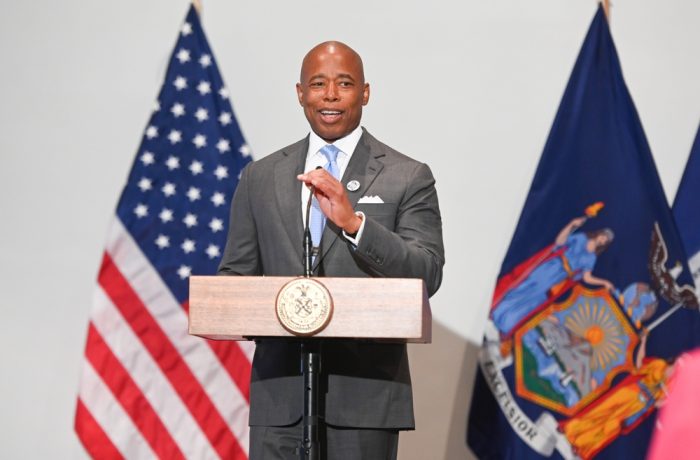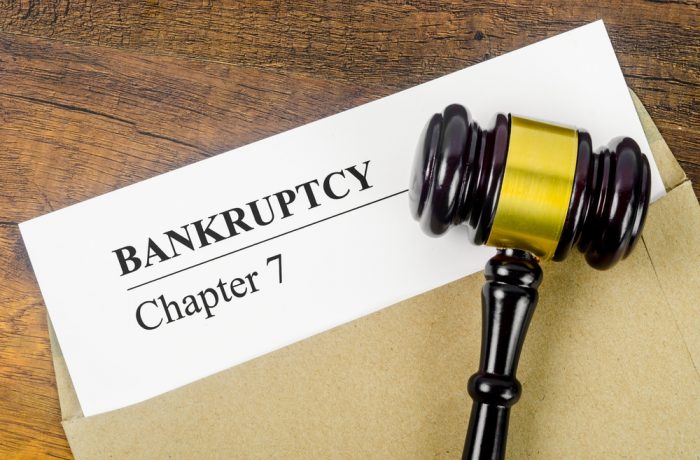By www.311bankruptcy.com
The excitement of Black Friday, Small Business Saturday, and Cyber Monday can lead to irresistible shopping sprees. Still, for some, these events can also result in overspending that may spiral into financial distress. If you’ve maxed out your credit cards, racked up significant debt, or find yourself struggling to pay bills after these shopping holidays, you may wonder, “Can I file for bankruptcy?” This article will explore your options and explain how bankruptcy could provide a fresh financial start.
Understanding Bankruptcy
Bankruptcy is a legal process that helps individuals or businesses eliminate or repay their debts under the court’s protection. Two common types of bankruptcy for individuals are Chapter 7 and Chapter 13. Chapter 7 involves liquidating assets to pay off debts, while Chapter 13 sets up a repayment plan over several years. Bankruptcy can be a lifeline for those overwhelmed by debt, but it’s important to understand the circumstances under which you might qualify.
Can You File for Bankruptcy After Overspending?
The simple answer is yes: you can file for bankruptcy after overspending during Black Friday, Small Business Saturday, and Cyber Monday. However, the type of debt you’ve incurred and the timing of your bankruptcy filing matter. Let’s break it down:
- Debt Accrued from Holiday Shopping
Overspending during these shopping holidays typically results in credit card debt. If you’ve accumulated significant credit card debt from these sales, it could be discharged through Chapter 7 bankruptcy. Credit card debt is considered unsecured, meaning you don’t have to offer collateral, and it’s typically eligible for discharge.
However, the court might scrutinize your spending if you made large purchases before filing for bankruptcy. If you purposely ran up your credit card balances, knowing you couldn’t repay the debt, it could be viewed as fraudulent behavior, and courts may disallow the discharge of that particular debt.
- Timing of Your Bankruptcy Filing
Filing for bankruptcy immediately after racking up debt during a shopping spree can be problematic. Most bankruptcy laws include a look-back period (typically 90 days), which examines recent transactions to determine if they were made in bad faith. If the court finds that you intentionally used credit cards to purchase non-essential goods before filing for bankruptcy, it could delay or deny your discharge.
It’s best to consult with a bankruptcy attorney to assess the timing of your filing and ensure that your debts are eligible for discharge.
- The Impact of Retailer Financing and Loans
Sometimes, you may have used special retailer financing or store credit to make large purchases during the holiday season. These debts could also be included in bankruptcy, but as with credit card debt, timing is critical. If you’re using store credit or promotional loans and filing for bankruptcy too soon afterward, the court may view the transaction as suspicious.
Is Bankruptcy the Right Option?
Bankruptcy can provide a fresh start, but it’s a serious decision with long-lasting consequences. Before deciding to file, ask yourself the following questions:
- Can I realistically repay my debt through a payment plan? If you have a steady income and can commit to a Chapter 13 repayment plan, bankruptcy may be a good option.
- Is my debt manageable, or is it overwhelming? If your debt has reached a level where you can’t make minimum payments or your financial situation is unlikely to improve, Chapter 7 bankruptcy could be a viable solution.
- What are the long-term consequences? Bankruptcy will remain on your credit report for 7-10 years, making it sometimes difficult to get new credit, a mortgage, or even a job.
Guidance
Overspending during Black Friday, Small Business Saturday, and Cyber Monday is common, but bankruptcy can offer a way out if the holiday shopping spree has left you with overwhelming debt. Whether you qualify for Chapter 7 or Chapter 13 depends on your specific circumstances, including the timing of your purchases and the nature of your debts.
Before deciding, consult with the Bankruptcy Law Firm of Figeroux & Associates, which can guide you through the process and help you understand the best way to address your financial situation. While bankruptcy may provide relief, weighing all your options and choosing the path that leads to long-term financial stability is essential.
If you’re struggling with post-holiday debt, don’t hesitate to contact the Bankruptcy Law Firm of Figeroux & Associates to explore your options. Schedule a consultation by calling 855-768-8845 or visiting www.askthelawyer.us





